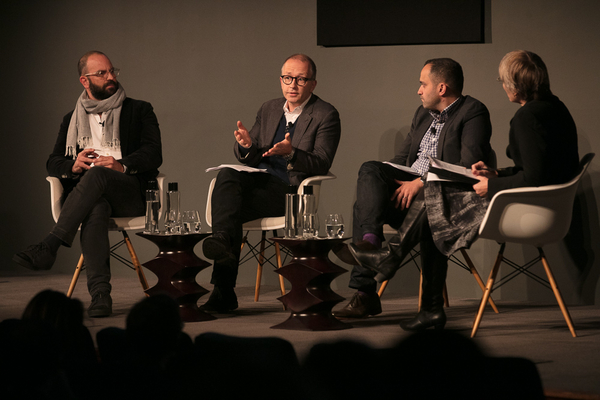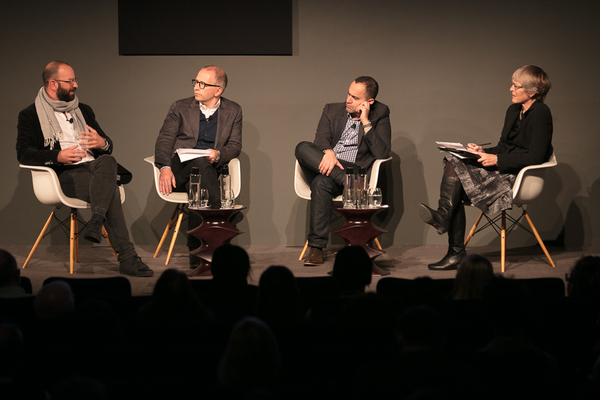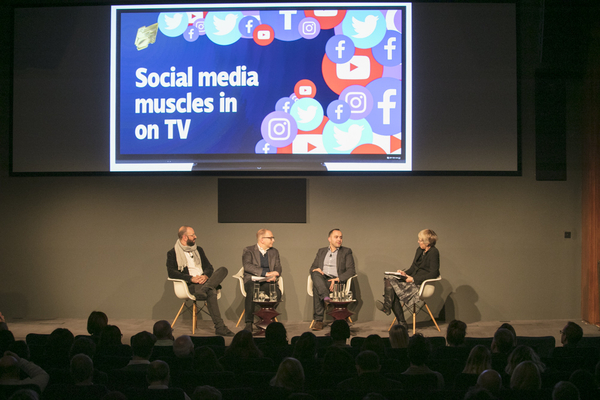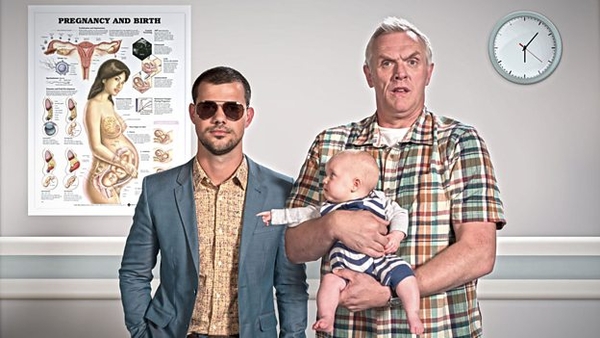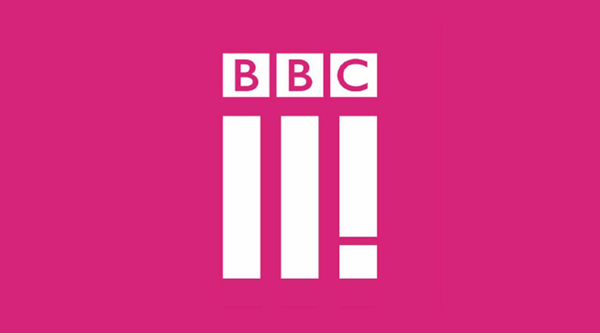The challenge of bringing Formula One to a digital-obsessed audience
When Bernie Ecclestone’s reign as Formula One’s ringmaster finally came to an end earlier this year, it was accompanied by a frisson of disbelief. Until that moment, it had felt as though the former used-car salesman who had built Formula One from a disparate cottage industry into an $8bn business was indivisible from the sport he bestrode.
But, in taking the decision to oust the 86-year-old from a meaningful management role, the sport’s new owner – Liberty Media – was underlining its intention to modernise a product whose appeal appeared to be flatlining.


